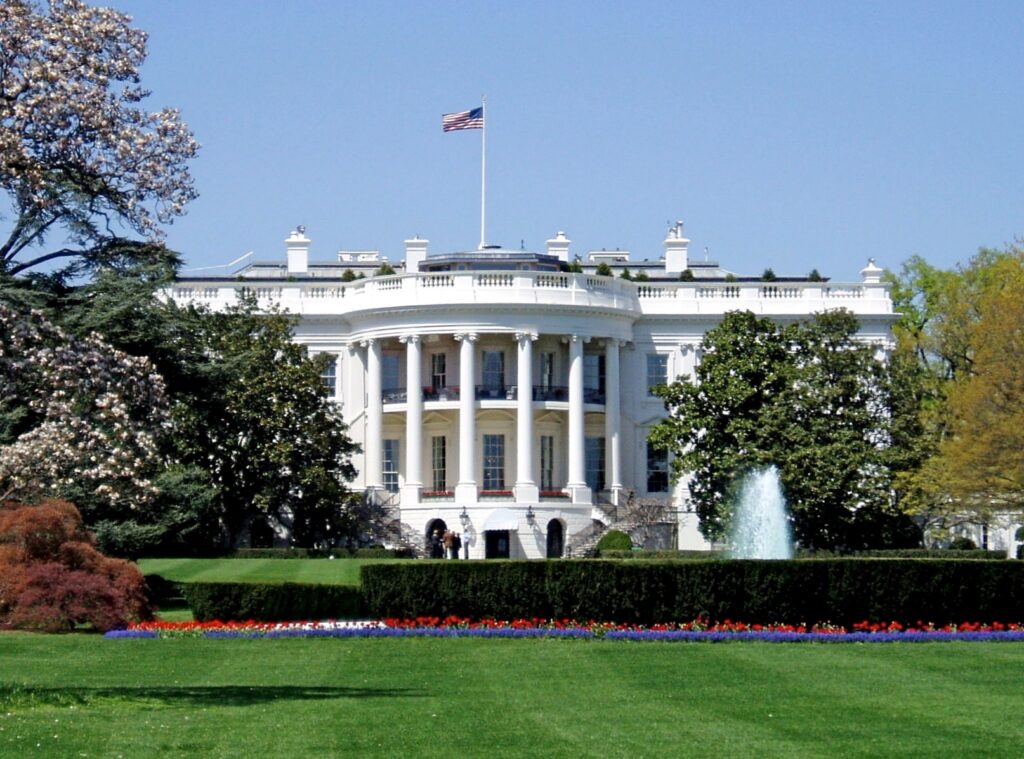The Final Reconciliation Package: Implementation of Key Provisions
On July 4, 2025, H.R. 1, the One Big Beautiful Bill Act, was signed into law. The implementation dates for key health care provisions in the law vary, with some taking effect immediately upon passage and others being implemented over several years. This resource details key dates for the implementation of the law’s most significant health care provisions.
Deadlines in Health-Related Executive Orders and Presidential Memoranda
This GIH policy resource details many of the health-related executive orders issued by the administration and includes a calendar of upcoming implementation deadlines.
Beyond the Exam Room: Impacting Health Outcomes Through Civic Engagement
August marks Civic Health Month, a time to showcase the link between voting and health and celebrate efforts that ensure every voter can support their community’s health at the ballot box. At the same time, the United States is grappling with a health care system ranked 37th globally despite consuming 17 percent of the country’s GDP. With 26 million Americans uninsured and 43 million underinsured, the gap in access to care continues to widen. This crisis will deepen as critical ACA subsidies expire at the end of 2025, potentially leaving 3.8 million more Americans without coverage, in addition to new federal cuts to Medicaid and changes to how coverage is accessed through the health insurance marketplace, which could result in as many as 20 million Americans losing their health insurance.
Taking Action in Aging Issues: Creating an Agenda, Finding Common Ground
Explore intersections between health and aging that could benefit from funder collaboration, including environment, disability, family caregiving, civic engagement, elder abuse, exercise and wellness, and workforce development.
Giving Voice to the Voiceless: The Case for Advocacy Funding
Funding public policy work is as important to health improvement as funding for direct services. Lessons learned from funding advocates include the importance of providing core operating support, the need to engage the grassroots, and how to empower community members.
Support Cover the Uninsured Week: Making Uninsured Americans a Priority on the Nation’s Agenda
The issue of the uninsured is one of America’s biggest health challenges, and the situation is growing worse. In response, health philanthropies from coast to coast and some of the nation’s most influential organizations in the United States are joining together to support Cover the Uninsured Week from March 10-16, 2003. We hope you will join us in supporting this unprecedented foundation-led educational effort so that we can speak with one voice on behalf of the nation’s uninsured.
If the Dow Breaks, Will Health Philanthropy Fall? Strategic Grantmaking During Economic Uncertainty
If we were measuring the health of our foundations by financial growth over the past two years, some of us might be considering life-support systems. Fortunately for the field, and for those we support through our grantmaking, the health of our organizations is not measured by dollars alone. The measure of our work is defined in people
Efficient Philanthropy: Modest Beginnings at The Health Funders Partnership of Orange County
A recently released report from The Center for Effective Philanthropy, Indicators of Effectiveness, comments on foundations’ growing understanding and interest in assessing their overall performance, noting that many are “convinced that better performance assessment will lead to greater effectiveness and, in turn, to more social impact on the people and issues they affect.”



